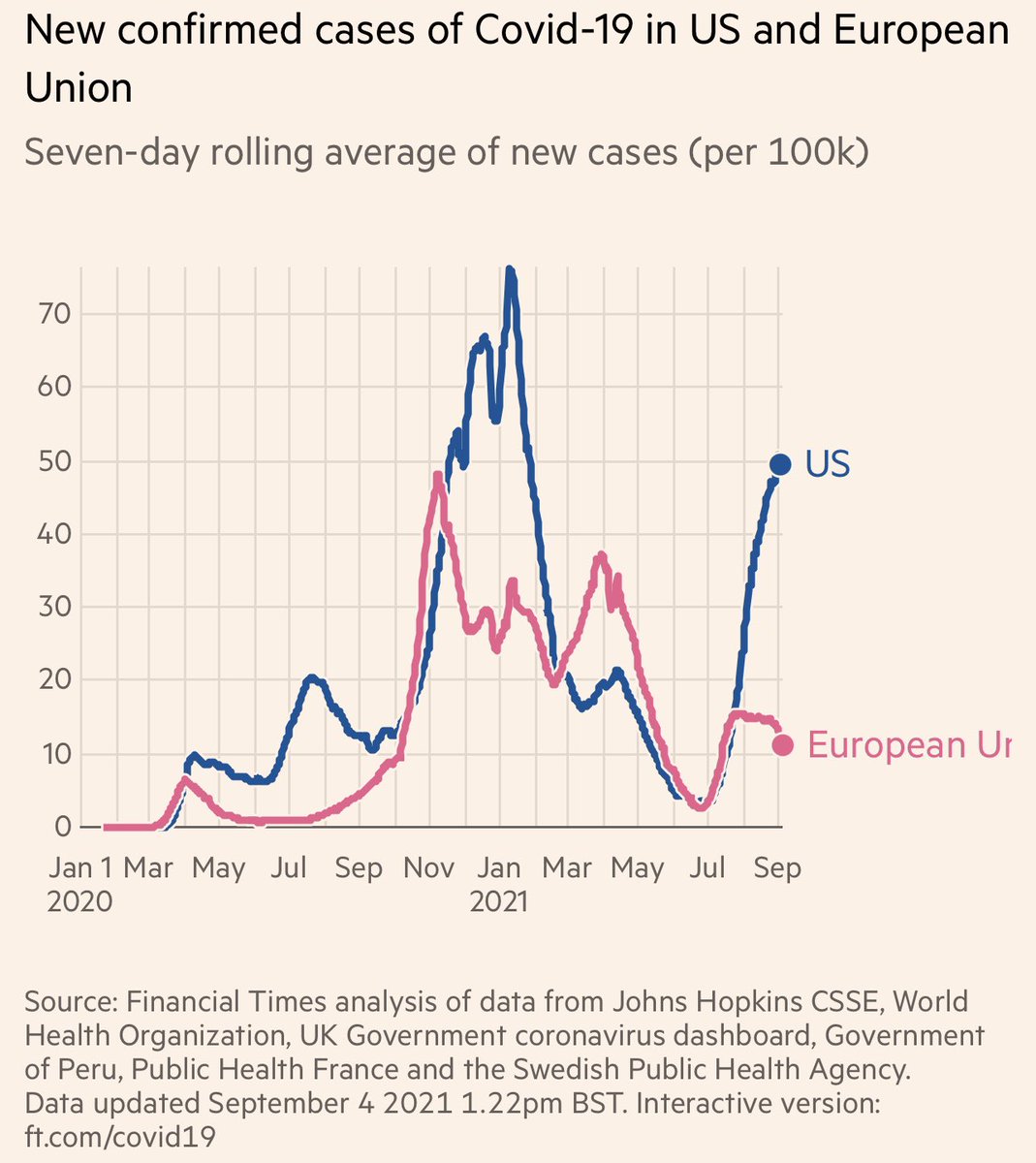
We hear "Follow the science" frequently. But what does it mean?
1/ If you shadow a doctor for a few days, you will see countless decisions for patients that we make which are not supported by randomized trials. It's a lot of risk benefit judgment calls using imperfect data.
1/ If you shadow a doctor for a few days, you will see countless decisions for patients that we make which are not supported by randomized trials. It's a lot of risk benefit judgment calls using imperfect data.
2/ The science we know in medicine is tiny and fragmented compared to how complex human bodies and the diseases that affect us are. The science is also very slow in coming. But death is irreversible, and we can't always wait for perfect data.
3/ What's "follow the science" to an epidemiologist is different than what it is to an oncologist or intensive care doc. What it is to a policy maker is different than what it is to a statistician.
4/ What's "follow the science" today may not be "follow the science" tomorrow as some contradictory new data arrives.
5/ All this doesn't mean it's a free for all and we can do whatever we want and call it science (although you can usually find some study to support just about any position you take). There are definitely some incredibly bad decisions, and some contrary to the science.
6/ But the point is that it's too easy to use "follow the science" as a weapon, and we need to be eyes open to this, and recognize when this may be playing out.
6/ Which brings us to COVID vaccine boosters for everyone. I've said I'm not very comfortable with this idea— mainly because I don't think we have adequate data that it's needed, and more importantly because I feel that vaccinating the world is more important; a moral imperative.
7/ However, when I see reports of numerous people use "follow the science" to criticize such a move by health policy makers, it's good to be aware that what is "follow the science" to one group is a different science to the other.
8/ There are a lot of data that vaccine efficacy after first two doses is waning (see thread). That fact alone may be enough science for a policy maker intent on protecting the public to make a risk benefit judgment call in favor of boosters.
https://twitter.com/drericding/status/1433352755696050177
9/ Whereas some may want to wait for data that a booster actually works in a randomized trial before making that judgment call. To them that is "follow the science". To some its not morally right for boosters when many countries are unvaccinated. To some existing data is enough.
10/ This thread is not to take a position on boosters. I'm conflicted. There is science on both sides of the decision. Both groups can claim to "follow the science" and be right.
• • •
Missing some Tweet in this thread? You can try to
force a refresh











